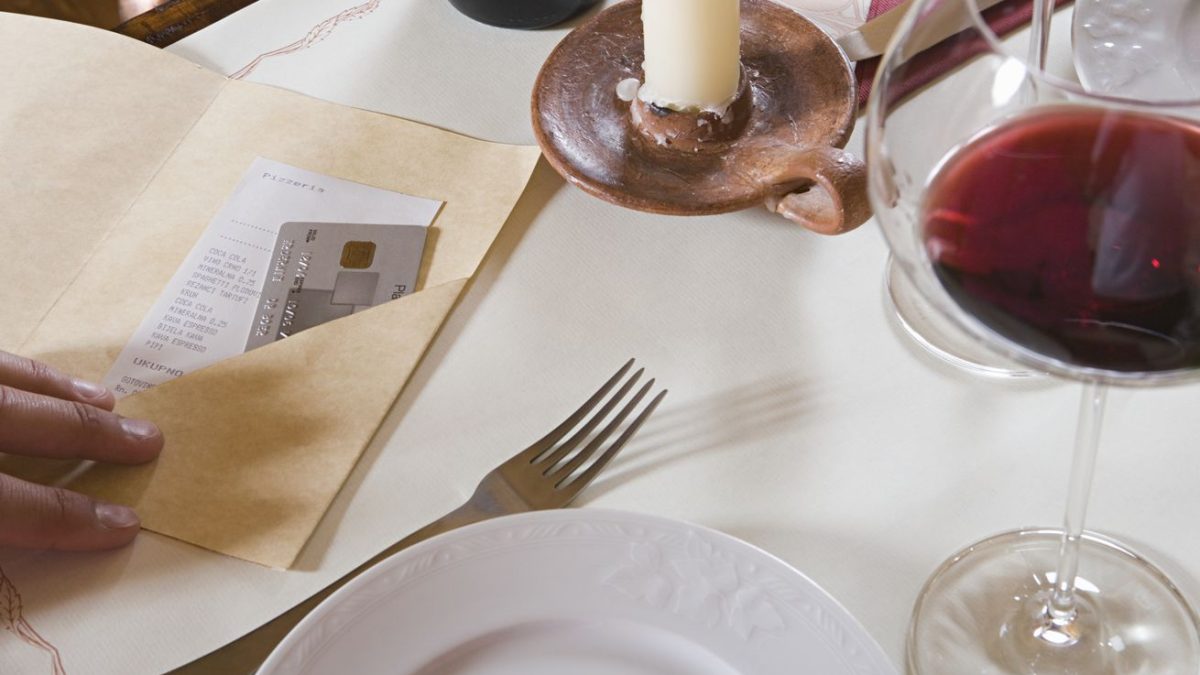
Eggs, milk and other grocery prices fall as overall inflation eases
May 15, 2024
The Dow Jones hits 40,000 for the first time. What to know about this major milestone
May 16, 2024The state’s junk fee bill would change restaurant service charges — and bring new clarity to the question of tipping
Minnesota is on the brink of passing a sweeping new law that would ban “junk fees” — hidden, unexpected, or unexplained fees attached to goods and services — across a number of industries. It’s the first major legislation to address the service charges, health and wellness fees, and other supplemental charges that have proliferated across the Twin Cities’ restaurant scene since the start of the pandemic.
The bill, spearheaded by Rep. Emma Greenman and Sen. Lindsey Port, would not ban service charges outright — it has a provision allowing bars and restaurants to charge automatic gratuity as long as the charge is clearly and conspicuously disclosed. If a restaurant wants to eliminate tipping and charge customers, say, 18 percent across the board, it can do so.
However, under the new bill, that automatic gratuity would have to go directly to workers — it can’t be channeled toward other business costs. That requirement clarifies a gray area for diners, who are often unsure if mandatory service charges are actually going to workers, or if they should add an extra tip on top of the charge.
“I have heard from many servers that people get confused and they reduce or eliminate their gratuity,” Rep. Greenman said in a house session on Monday, May 13. “What this [bill] does is say, if it’s a service fee that’s going to whatever your costs are in that bar or restaurant, it has to be baked into the price.”
The new legislation would not allow restaurants to charge employee health and wellness fees, which some use to fund healthcare and other resources for workers. Delivery platforms like DoorDash are also included in the bill, which would require them to display their platform fees when customers are selecting vendors and items, well before they reach the checkout page.
Greenman and Port say the bill’s intent is both to increase transparency for consumers and to “level the playing field” for businesses. “Being up front with consumers allows them to do true price shopping, which, frankly, breeds competition,” Port said in a press conference on May 1. “That is what true competition in our economy should look like — being able to compare apples to apples. And that actually does drive cost down.”
The Minnesota bill comes at a time when the federal government is cracking down on junk fees in partnership with the Federal Trade Commission and the Consumer Financial Protection Bureau. The Independent Restaurant Coalition has pushed back on the government’s classification of clearly disclosed restaurant service charges as “junk fees,” and asked that they be removed from the proposed rule. The organization argues that service charges are vital to providing higher, reliable wages and benefits for workers, and eliminating the inequities that old-school tipping models create.
California’s recent junk fee law, set to go into effect on July 1, has banned service charges all together — under it, restaurants can’t add any charges beyond taxes to customers’ bills. The state’s restaurant lobby may be taking the ban to court.
It’s too early to say exactly how Minnesota’s junk fee ban, if signed into law by Gov. Walz, will impact the Cities’ restaurant industry. Some local restaurants have already scrapped their service fees in the past year or so, citing customer pushback against them; others, like Brasa and Kyatchi, operate on no-tipping models, incorporating staff costs into their prices.
But it’s a fair bet that menu prices at at least some restaurants will increase, as owners find ways to absorb the decreased revenue. After all, service charges and wellness fees didn’t materialize out of thin air — they proliferated during one of the darkest chapters in the restaurant industry, a period marred by inflation, pandemic-related dining restrictions, supply chain issues, and labor shortages, foregrounded by a lack of universal health care for restaurant staff.
After passing the House 76-57, the state’s junk fee bill is headed to the Senate for a final vote. From there, it’ll be sent to Gov. Walz.






